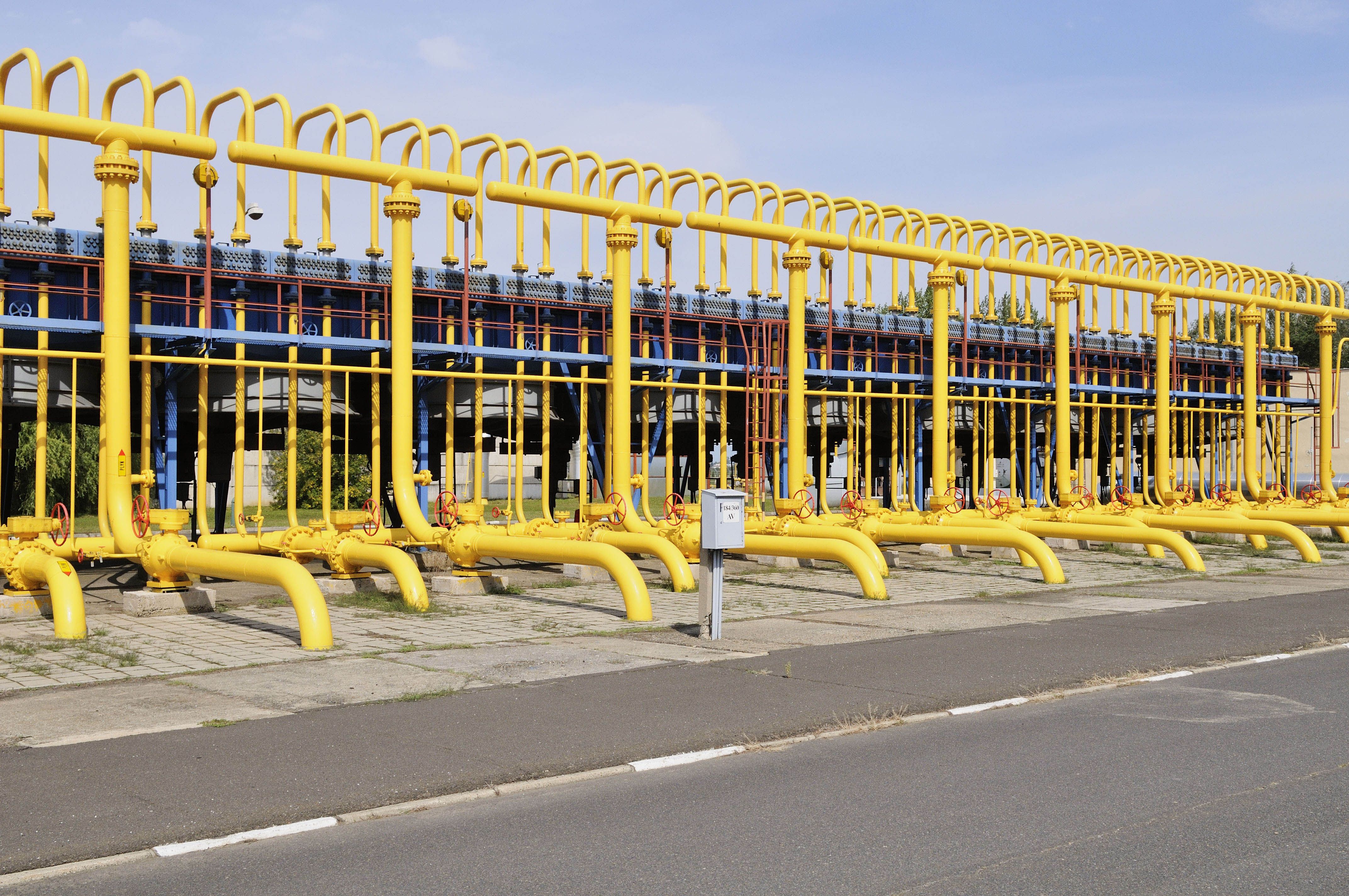BRATISLAVA, April 6, (WEBNOVINY) — After parliament turned down its ban on the privatization of the country’s six largest heating plants, the strongest opposition party SMER-SD also failed to push through its draft tailored to introduce an extra levy for banking houses calculated from selected liabilities of banks. Only 64 deputies supported the draft law on levies of selected financial institutions, while 54 voted to topple it. Twenty-four deputies refrained from voting. The SMER-SD also failed to have an amendment to the value-added tax approved. The amendment was aimed at reducing the basic VAT rate to 19 percent and re-introducing a 6-percent VAT rate on the direct sale of produce from farms.
In a discussion on the extra bank levy, ex-Finance Minister Jan Pociatek (SMER-SD) said that the business environment in Slovakia is generous to banks, which post above-average profits compared to other European countries. Pociatek called the initiative of his party to impose a levy on banks at 0.73 percent of the selected liabilities a legitimate initiative. According to him, the incumbent government will introduce the bank tax anyway. “This draft bill is a fully-fledged and fair alternative, which can replace and avert changes to the VAT,” he said.
The government temporarily increased the VAT rate to 20 percent as of the beginning of this year, a measure adopted within the austerity package to consolidate public finances. The basic VAT rate should return to its original level after the general government deficit is squeezed below the Maastricht criterion of 3 percent of GDP. SMER-SD, however, believes that the adopted tax measures have been fueling price hikes in Slovakia and proposes a return to the previous rate. SMER wants to introduce the bank levy in order to justly distribute to the burden of impact of the global economic crisis, which contributed to higher public finance deficit in European countries, including Slovakia.
The Finance Ministry and the government do not oppose introduction of a bank levy, according to Finance Minister Ivan Miklos. He has said that they want to proceed in coordination, based on discussions within the European Union. The bank tax may become a reality as of next year. The ministry has not yet stated how much the banks should pay in the new tax. According to Miklos, it will be less than the opposition SMER-SD proposes, which is 0.7 percent of selected liabilities.
SITA

